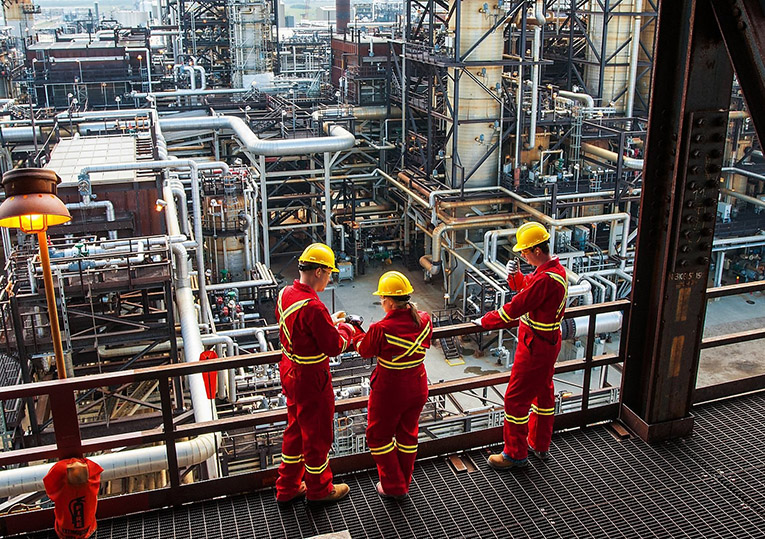Shell announced this Thursday it will switch its Rheinland refinery at Wesseling in Germany away from crude oil and towards low or zero-carbon products from 2025. The announcement comes as the company has faced increasing pressure from investors to deepen its planned greenhouse gas cuts drastically.
Firstly, as we reported previously, back in May, a Dutch court ruled against Shell to aggressively increase its GHG reduction plan. As a result, the company reviewed its strategy and posted a goal towards net-zero emissions by 2050.
Moreover, the company intends to shift the complex mentioned above into Shell Energy and Chemicals Park Rheinland under the new plan. Such a venture would focus on renewable energy-derived hydrogen, sustainable aviation fuels, and renewable liquefied biogas (bio-LNG).
In addition, the Wesseling refinery is one of two sites that make up the whole Rheinland refinery complex. Specifically, Wesseling makes up around 150,000 per day of refining capacity, from 340,000 bpd of the complex as a whole.
Also recommended for you: ExxonMobil advances carbon capture in Indonesia and Mozambique. Click here to read.
Shell to develop Europe’s biggest hydrogen electrolysis plant
The transformation would occur on the Wesseling site specifically. Godorf, the other site, will continue to distill crude oil into mineral oil products, according to the new plan. Nevertheless, the transitioning project has not yet a Final Investment Decision, according to Reuters.
Furthermore, both of these plants employ a total of 3,000 people, of which half are with Shell and the rest with contractor firms. Consequently, Shell said it would avoid redundancies as workers could be switched to other jobs, retrained, or retired.
The transformation at Wesseling would include the development of Europe’s biggest hydrogen electrolysis plant. A 10 megawatts (MW) facility called Refhyne at Wesseling would produce green fuels. The company plans to expand that capacity to a 100MW.
Finally, a power-to-liquid plant for synthetic aviation fuel and naphtha from renewables and biomass at Wesseling is also awaiting a final investment decision; while a bio-LNG plant at Godorf has received one already.


